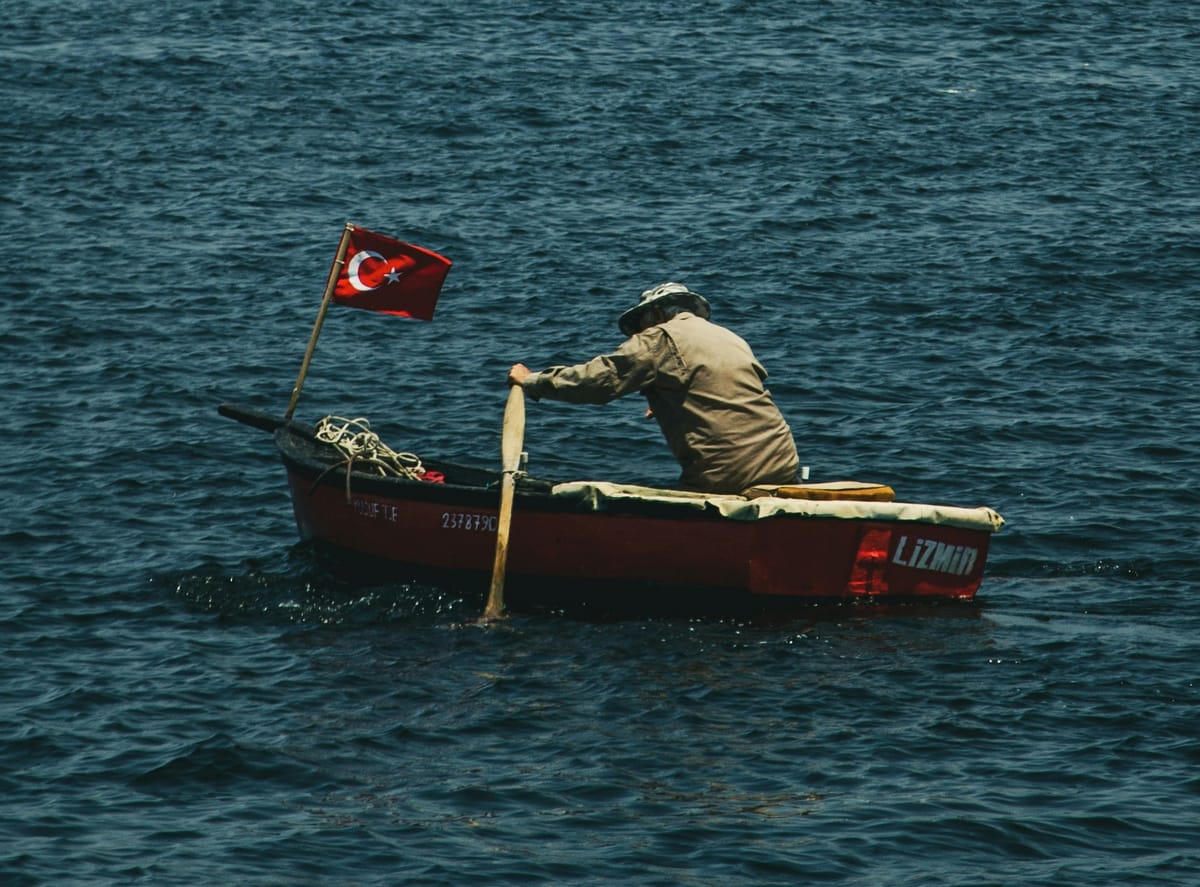Turkey- “Transsexual Türkiye”: An Anonymous Perspective
"Never give up, never, ever, give up" - A trans woman's exhortation from a harsh regime.


A trans woman in Turkey speaks about the costs and realities of being trans within the harshly gendered regime.
By Artemis T. Douglas
Turkey isn’t known for it’s kindness to LGBT+ people. However, this unkindness has been intensifying for trans people in recent years. To understand what it’s like to live in Turkey and be transsexual, The Needle spoke to a trans woman who was granted anonymity.
Question 1: For the benefit of our readers, can you give us a general sense of trans rights and being transsexual in Turkey?
Answer:
“Turkey requires SRS, available only to adults, for "gender reassignment" in our ID papers. HRT is not covered by our healthcare system.
It used to be over-the counter until last year... November, I think, after which most meds with HRT purposes got removed from the counters, and locked behind a vague transition acceptance pipeline, similar to that seen in many European countries, as well as the UK.
It is still possible to get some "mostly similar" meds to do DIY HRT, but if one wishes to take the official route, they need to apply to a public gender specialist therapist (private clinics aren't allowed), who will need to believe you are trans enough to relay your situation of transness to an assembly of doctors, who then decide whether you’re trans enough once again to then relay you to an endo.
The pipeline is uncomfortable, invasive, and requires you to nod along and do whatever you're told if you want to change a letter in your ID.
Also, some months ago, the government collected the names of all transsexuals who applied to gender specialists in these universities (where the public clinics are), making a list of all us that applied and may or may not have dropped out of the "official route".
They have been tightening the noose slowly under the guise of "the year of the family" over the past year or so, which in most senses of the word is an islam flavored re-creation of the trans crisis fabricated in the US. Not very surprising, since Turkish politicians have a bad habit of barking after the American political zeitgeist.
I don't know when they will do their next move, but it would be naive to assume they won’t.”
Question 2: What does trans culture look like in the environment in Turkey, both broadly and for you personally?
Answer:
“I cannot talk for transmascs in terms of general acceptance, but for transfemmes, for the longest time, it has been "pass or be seen as a faggot", which can result in getting no reaction or getting lynched in the streets or being treated as a sex worker even if one isn't, depending on what part of a city (or what city) they live in.
In general, some universities are going to be the safest places to exist for any trans person, since they will be (likely) away from their parents for extended periods of time, as well as be in an environment that protects minorities, willingly or begrudgingly.
In general, private unis can be a bit further separated from the government, so it's healthier to assume one will be seen as normal during their time of drastic change and experimentation there.
This too is unfortunately getting choked under "the year of the family", as the government, just a month or so before the start of the new semester this year, closed down all official LGBT student clubs in universities, so they cannot petition for more visibility or rights, or access events as clubs to make themselves visible anymore. Any sort of existence has to happen underground.
I'm not really a student anymore since I don't have the time to spend time in my university due to my job, but I'd assume this is going to isolate more queer students than it ever has had before.”
This post is for paying members only
Subscribe now and have access to all our stories, enjoy exclusive content and stay up to date with constant updates.
Already a member? Sign in
